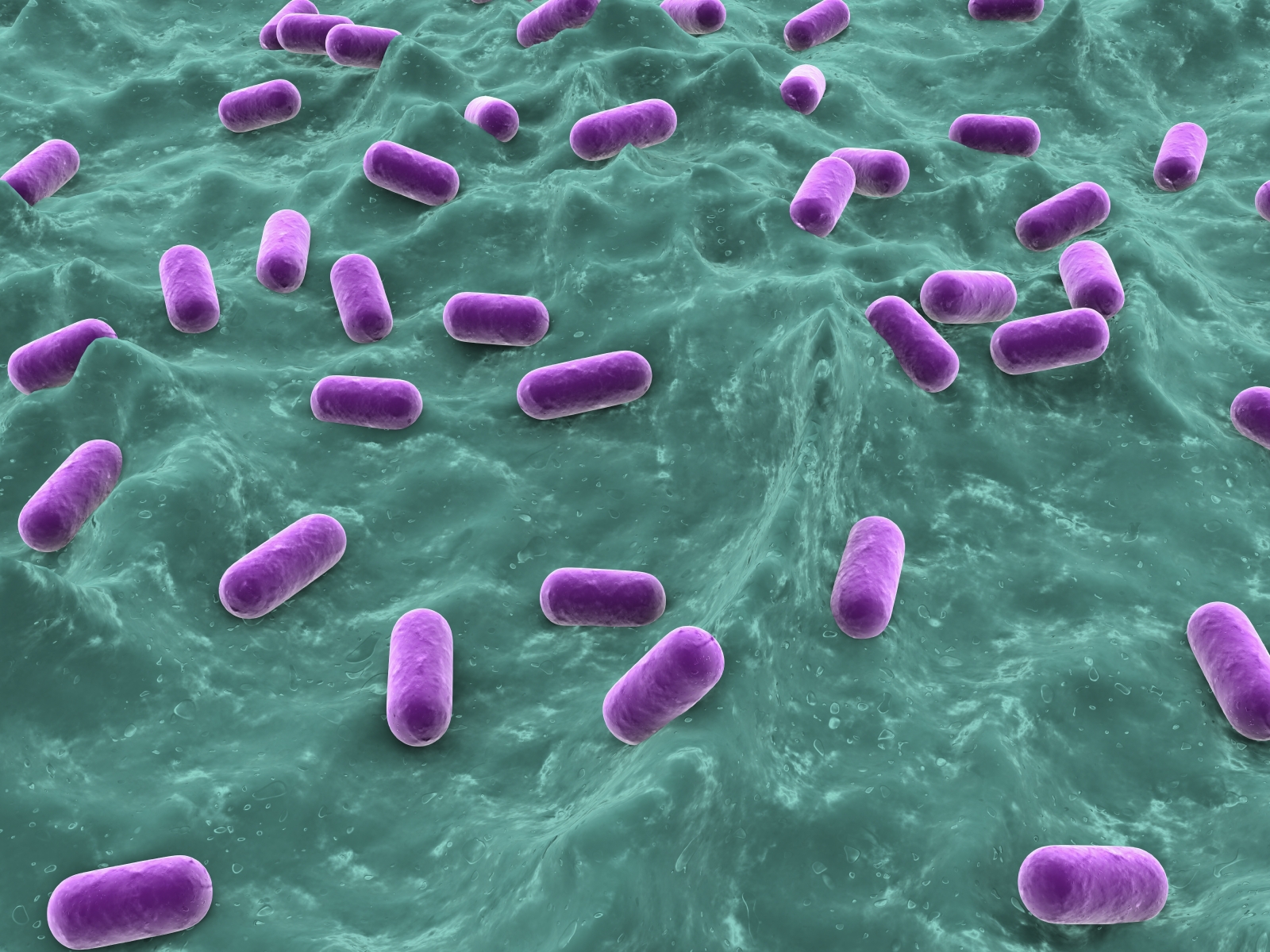Eisai, Takeda and GARDP hunt for new antibiotics

The not-for-profit Global Antibiotic Research and Development Partnership has joined forces with Eisai and Takeda to search for new antibiotics.
Under a new agreement the Japanese pharma companies will access and screen molecules from Eisai and Takeda’s chemical libraries.
Both libraries will be tested by the Institut Pasteur Korea, in order to discover novel compounds with antibacterial activity.
The compounds are newly emerged from Eisai and Takeda’s latest development efforts and have never been screened for antibacterial activity.
They will be tested against bacteria identified as a critical priority by the World Health Organization (WHO).
The WHO has identified gram negative bacterial infections as a global public health priority.
This agreement supports GARDP’s mission to tackle serious bacterial infections by developing affordable antibiotics.
Antimicrobial resistance is becoming a major public health concern because there are few antibiotics in development, while around 700,000 people die from drug resistant infections each year.
Dr Seamus O'Brien, research and development director at GARDP, said: “GARDP is very excited about this partnership. Not only can partnerships like this accelerate the discovery of new antibiotics, they can also support the pharmaceutical sector in staying engaged in antibiotic R&D.
“Overcoming antibacterial resistance is key to achieving universal health coverage. GARDP's approach allows us to develop a drug from early exploratory to preclinical and clinical studies all the way to patients.”
Dr Kappei Tsukahara, Head of Tsukuba Research Laboratories at Eisai, said: “Eisai strongly identifies with GARDP's efforts to discover novel antibiotics to treat drug-resistant bacterial infections which have become a threat to human beings and are pleased to provide our compound library for screening.
“We sincerely hope new medicines will be discovered through this partnership to realise a world in which lives are no longer lost to drug-resistant bacteria.”
Initiated by the WHO and the Drugs for Neglected Disease initiative, GARDP is an important element of WHO's Global Action Plan on Antimicrobial Resistance that calls for new public-private partnerships to encourage research and development of new antimicrobial agents and diagnostics.













